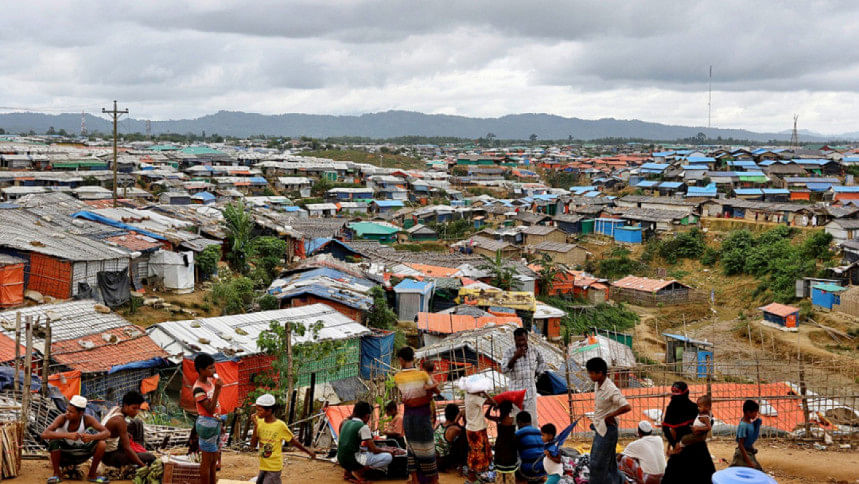20pc of Rohingyas have active hepatitis C infection: MSF report

Around 20 percent of the Rohingyas tested in Cox's Bazar refugee camps have active hepatitis C infection, according to a recent study by Doctors Without Borders.
Médecins Sans Frontières (MSF), also known as Doctors Without Borders, conducted the study among 680 households in seven camps between May and June last year, said in a press release today.
The study called for a joint humanitarian effort to combat the disease among the Rohingyas, who are already deprived of basic rights and heavily dependent on aid for survival.
The results showed that almost a third of the adults in the camps have been exposed to hepatitis C infection at some point in their lives. Of them, almost 20 percent have an active hepatitis C infection. It also said about one in five adults is currently living with the hepatitis C infection -- totalling an estimated 86,000 individuals.
However, people in the camps have very limited diagnostic and treatment options, according to the study, conducted by Epicentre, MSF's epidemiology and research centre.
Talking over the matter, Sophie Baylac, MSF head of mission in Bangladesh, said, "The Rohingya population for decades is paying the price of lack of access to healthcare and to safe medical practices in their country of origin."
"The use of healthcare equipment, that has not been disinfected, causes potential ongoing transmission and the high prevalence of hepatitis C among the population living in the overcrowded camps."
"There are barely any other available and affordable alternatives for these patients outside our clinics in the camps," she added.
"Every generation of refugees living in the camps is affected by hepatitis C. They risk severe liver complications – which are not treatable in camp settings – and may die from it," Sophie Baylac added.

 For all latest news, follow The Daily Star's Google News channel.
For all latest news, follow The Daily Star's Google News channel. 



Comments